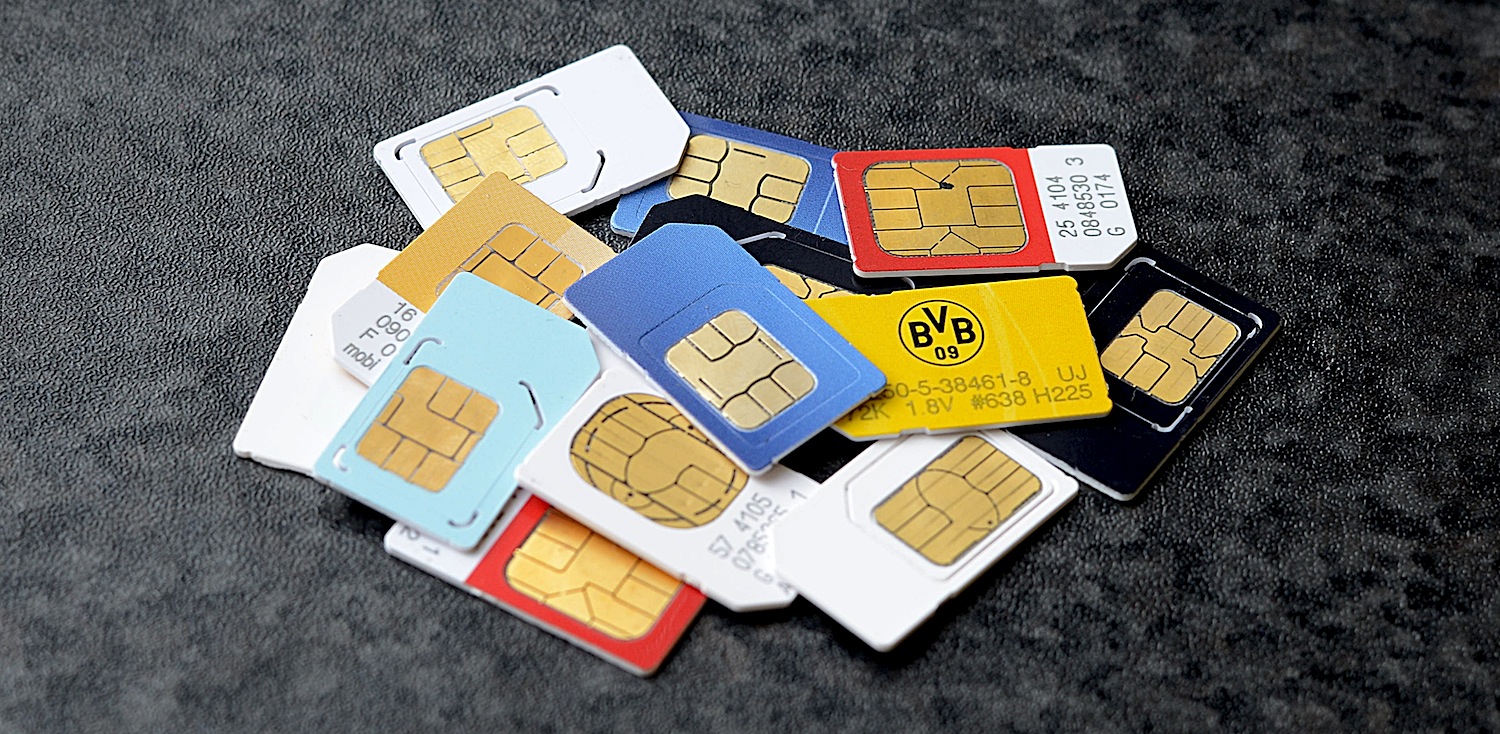The Russian authorities have developed new amendments to the law "On Communications"

The Russian authorities have developed a bill that amends the Law on Communication, reports Kommersant . According to the publication, Roskomnadzor and the Ministry of Internal Affairs took part in the work on the document. Both agencies did not respond to official requests for their participation in the work on the document.
The authorities of the Russian Federation have long been trying to somehow regulate the position of the end users of telecommunications services in the person of the population. The prepared document has two goals: returns ministries and departments to the problem of regulating instant messengers and introduces new rules for the implementation of SIM cards and the provision of communication services.
Messengers
In order to identify the user of the messenger, the Ministry of Internal Affairs plans to receive data about the final subscriber from the operators. The document also mentions a software package that can be used to identify individuals. In this case, any technical details of the implementation of such software is not disclosed.
Thus, in October 2016, the President of the Media and Communication Union, Pavel Stepanov, stated that the ISS is fighting not only for regulating audio-visual online services, but also for regulating instant messengers. Then Stepanov mentioned not only security problems, but also the protection of users from “hacker attacks and spam mailings”.
In addition to security issues that are lobbied by security agencies (Ministry of Internal Affairs and the FSB), the need to regulate instant messengers is caused by the creation of equal competitive conditions.
In addition, government agencies are counting on cooperation from the companies that develop instant messengers.
SIM cards and identification
The concept of user identification due to the number of the cellular operator was proposed by the same ISS. All modern popular instant messengers use the system for distributing authorization codes and linking an account to a phone number.
But in order for the number-to-subscriber identification model to be viable, telecom operators have to make changes to the legislation and revise their own methods of working in the market.
Today, in any major city of the Russian Federation, you can get a free SIM card from your hands without providing any personal data. It is the latter that complicates the final identification of users. New amendments to the legislation are aimed at tightening control over the spread of SIM cards, that is, access to communication services.
According to the text of the bill, from January 1, 2019, cellular operators will be able to conclude electronic agreements on the provision of cellular communication services. They will also get access to the unified identification and authentication system (ESIA), qualifying electronic signatures and the public services portal database for verification of information provided by the user. Administrative liability and fines are introduced for illegal distribution of SIM cards: 2-5 thousand rubles for individuals and 100-200 thousand rubles for legal entities.
